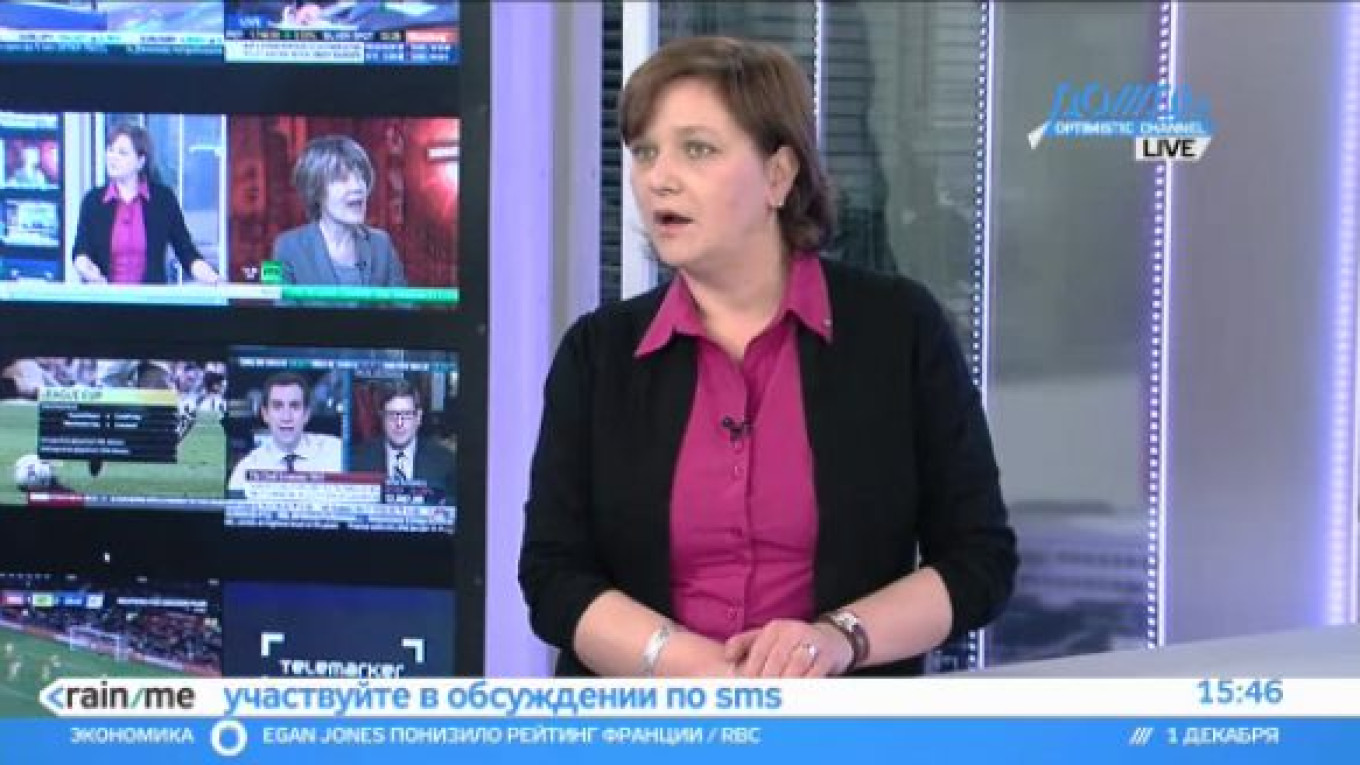The last meeting of President Dmitry Medvedev’s human rights council was filled with complaints about failed reforms and saw the withdrawal of a prominent anti-corruption fighter.
Council members said Saturday that many of their initiatives over the past three years had been rejected, stalled or poorly enforced, and that many liberal changes to laws remained “fractionary,” the Kremlin on its website.
Council members told Medvedev that police and judicial reforms are incomplete and had failings, nongovernmental organizations are under threat, political opposition rallies are prevented or suppressed violently, threats and attacks against journalists are on the rise and that anti-corruption laws don’t work properly.
In addition, the members said, workers are not allowed to form trade unions and go on strike, harsh anti-extremism laws are applied to trifling comments on the Internet, most mass media are controlled by authorities, and abductions and murders in the North Caucasus continue.
Addressing the complaints, Medvedev said he would consider a hotline for reports about police corruption, but said he saw “no threat” to freedom of speech and called the obstruction of nongovernmental organizations “not serious.”
“The regime that lasts is the one that finds the courage to meet the demands” of civil society, Medvedev said in a speech. “If authorities don’t find the courage to go this way, political catastrophes will happen.”
Council members did see some positive developments, including the creation of a department in the Investigative Committee to look into police crimes; the abolishment of a three-year probation period for judges, which allowed their bosses to exert pressure on them; the distribution of cases between judges with a random-number generator in order to prevent corruption; and the cancellation of arrests for suspects in economic crimes.
Medvedev praised the planned creation of public television and the obligation of officials to publish income declarations.
But Yelena Panfilova, head of Transparency International in Russia, announced at the meeting that she would not join the next council because she would be “able to do more” with her “civic activism.”
Veteran human rights defender and council member Lyudmila Alexeyeva predicted that President-elect Vladimir Putin would change the council’s composition but said the current members would continue working as a group and contacting the government with their proposals.
A Message from The Moscow Times:
Dear readers,
We are facing unprecedented challenges. Russia's Prosecutor General's Office has designated The Moscow Times as an "undesirable" organization, criminalizing our work and putting our staff at risk of prosecution. This follows our earlier unjust labeling as a "foreign agent."
These actions are direct attempts to silence independent journalism in Russia. The authorities claim our work "discredits the decisions of the Russian leadership." We see things differently: we strive to provide accurate, unbiased reporting on Russia.
We, the journalists of The Moscow Times, refuse to be silenced. But to continue our work, we need your help.
Your support, no matter how small, makes a world of difference. If you can, please support us monthly starting from just $2. It's quick to set up, and every contribution makes a significant impact.
By supporting The Moscow Times, you're defending open, independent journalism in the face of repression. Thank you for standing with us.
Remind me later.


